- Make It Yourself Lavender Heart-Shaped Bath Bombs!
- 20 Things You Never Knew About “Down There”
- 12 Best Foods For Those Suffering From Arthritis Pain
- 12 Personal Hygiene Mistakes Almost Everyone Makes (Mom Never Told You About #4!)
- 15 Medicinal Plants And Herbs From The Cherokee People
- 12 Mind-Blowing Benefits Of Drinking Coconut Water During Pregnancy
- 12 Outstanding Winter Foods That Won’t Fatten You Up Like A Christmas Turkey
10 Magic Foods That Will Clean Out Your Arteries

Photo credit: bigstock.com
Clogged arteries can lead to all kinds of health issues, and are sadly becoming more common as the obesity rate continues to climb. In this article, we’ve composed a list of 10 superfoods that will help lower your cholesterol back to a healthy level, and clean out your arteries.
Artery blockage is caused by levels of LDL cholesterol that are too high. This type of cholesterol comes from foods that are high in fat like burgers and bacon. Clogged arteries is what causes heart disease, and if left untreated long enough, can trigger a heart attack.
Luckily, a few simple changes in your diet is all it takes to get you on the right track. Let’s explore the options and get you healthy again.
1. Avocados
These lovely Latin American fruits have had a reputation as a “superfood” for some time now, and for good reason. They are packed with vitamins, including the elusive vitamin K2, which plays a role in fending off heart disease. What’s also interesting about avocados is how they are a source of beneficial fats. If you’re a craving something fat, try substituting an avocado. You’d be surprised by how well this might satisfy your hunger. There’s a reason avocados have become so popular on hamburgers and as side dishes.
Continue to Page 2
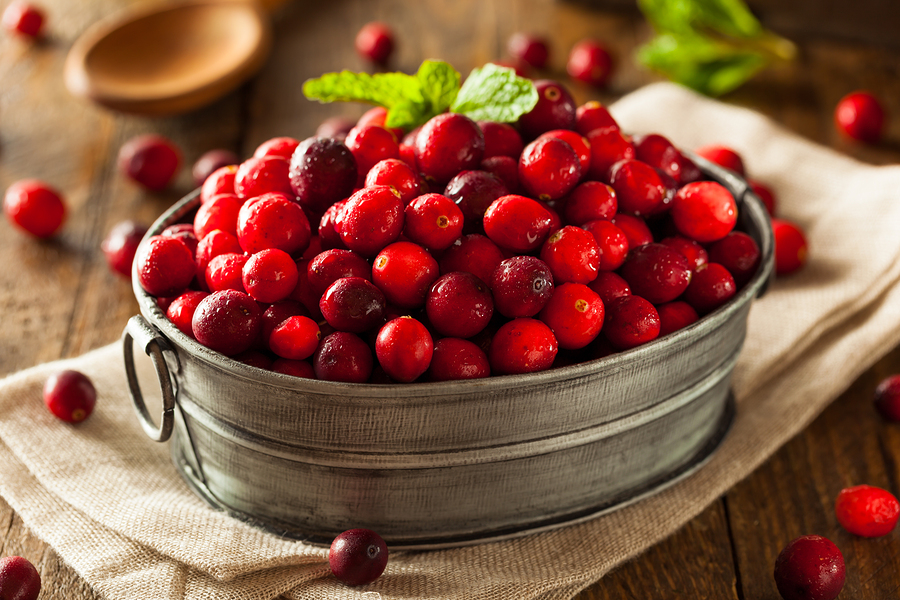
Photo credit: bigstock.com
2. Cranberries
With their distinct sharp flavor, cranberries produce arguably the most refreshing juice, but many people are unaware of just how healthy they are. Cranberries have more antioxidants than almost any other fruit or vegetable, and are a good source of fiber as well. With specific regard to their heart-healthy qualities, cranberries have been shown to lower harmful LDL cholesterol levels, and improve levels of beneficial HDL cholesterol. These two qualities go a long way toward contributing to cleaner arteries. One study even claims that regular cranberry consumption could lower the risk of heart disease by 40%!
3. Apples
We’ve all heard that old expression: “An apple a day keeps the doctor away”. Well, in the case of cardiologists at least, that could very well be true. A study done on over 30,000 post-menopausal women showed that eating apples played a role in lowering their bad LDL cholesterol. Be sure to eat whole fruits, including the skin where most of the antioxidants are! You will NOT get the same benefits from drinking apple juice.
Continue to Page 3
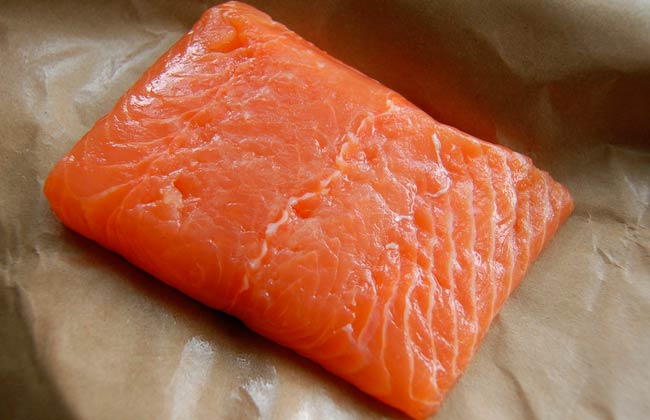
Photo credit: bigstock
4. Salmon
Salmon is one of the go-to dishes for health conscious people who need their protein. But salmon can play a role in clearing out the arteries as well. Not all fat is bad, and salmon is rich in omega-3 fatty acids which can improve your good cholesterol levels and lower your levels of triglycerides.
5. Almonds & Walnuts
Almonds are packed with healthy monounsaturated fats and vitamin E. This will fill kill cravings you have for fatty food and satisfy you at the same time (while providing some nutrients to boot). Walnuts are an acceptable alternative, since they are very rich in alpha-linolenic acid, which can contribute to cleaner arteries and reduce blood-pressure.
Continue to Page 4
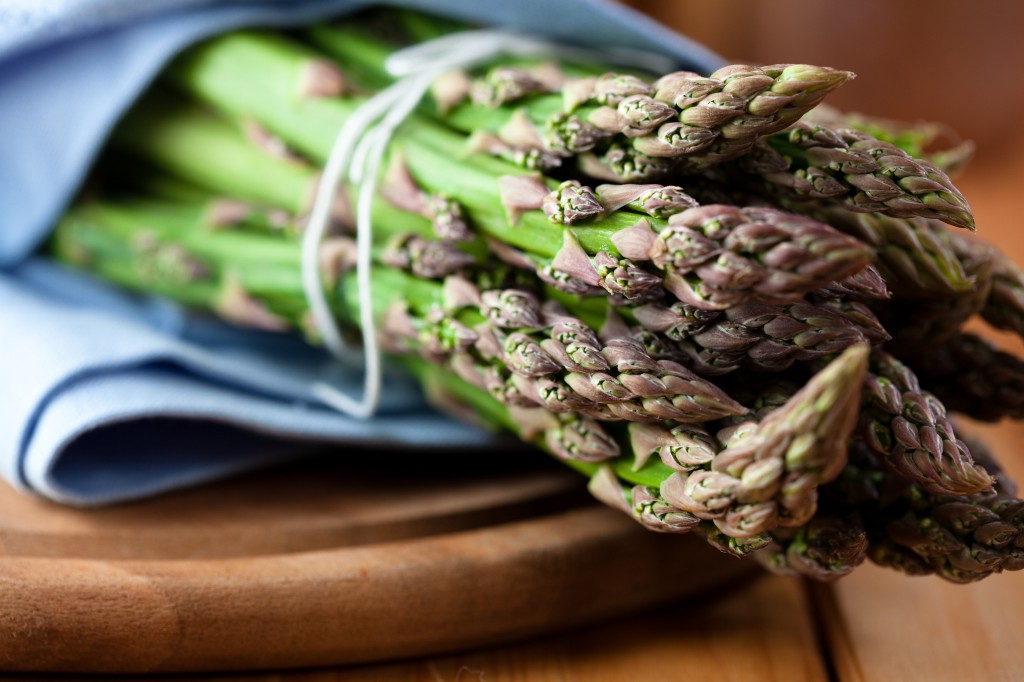
Photo credit: bigstock.com
6. Asparagus
This tasty vegetable deserves its’ spot on the Superfood Pantheon. Asparagus can lower blood pressure and is filled with an evenly balanced assortment of essential vitamins, B1 and B2, C, E and yet again, K2. These factors contribute toward cleaner arteries and better overall health. Try sautéing some fresh asparagus with olive oil and garlic. Speaking of those two.
7. Olive Oil
Its truly astounding to find so many healthy qualities in one food. Pure, extra-virgin olive oil is loaded with monounsaturated fats and antioxidants. One study found that regular consumption lowered the risk of stroke by over 40% in people over 65. What’s great about olive oil is how versatile it is. You can cook with it, use it as a dip, or add flavor to a salad. NOTE: Be sure to only buy 100% extra virgin olive oil. The cheaper kinds are often blended with lower quality oils like sunflower oil.
Continue to Page 5
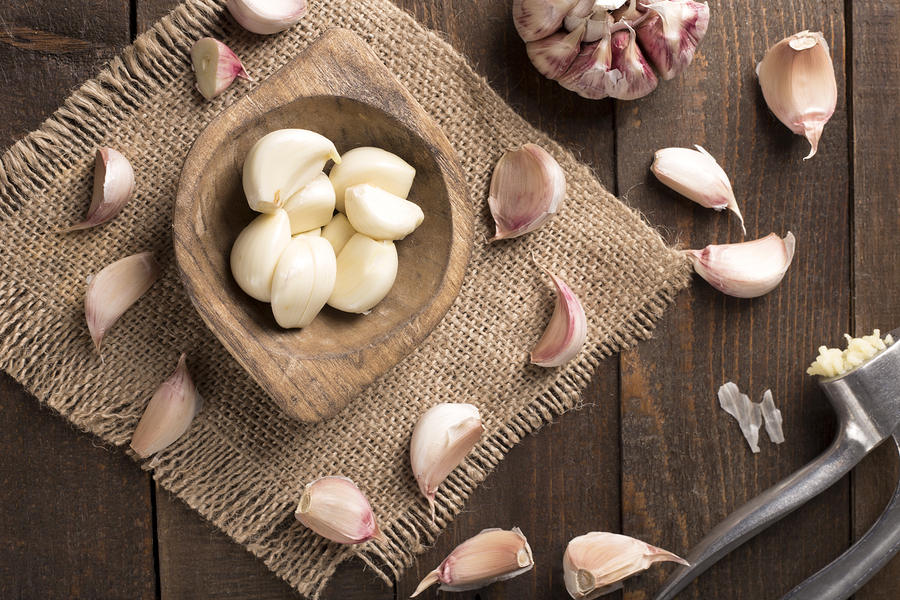
Photo credit: bigstock.com
8. Garlic
Garlic is another great option for cleaning out the arteries. Studies have shown that garlic consumption has an ability to lower harmful cholesterol levels, making it a highly recommended food for those who need to monitor their cardiovascular health. One good thing about garlic is that it makes a great enhancer for many different dishes. Adding some when sautéing vegetables or fish can bring out new layers of flavor that weren’t there before.
9. Pomegranate
Whether you choose to eat the seeds whole or drink the juice, you’ll be pleased to know that pomegranates are highly effective in maintaining healthy arteries. Pomegranates help the body produce nitric oxide, which stimulates blood flow and helps maintain clear arteries. The fruit also contains a special type of nutrient called phytochemicals, which are beneficial for the health of arterial lining.
Continue to Page 6
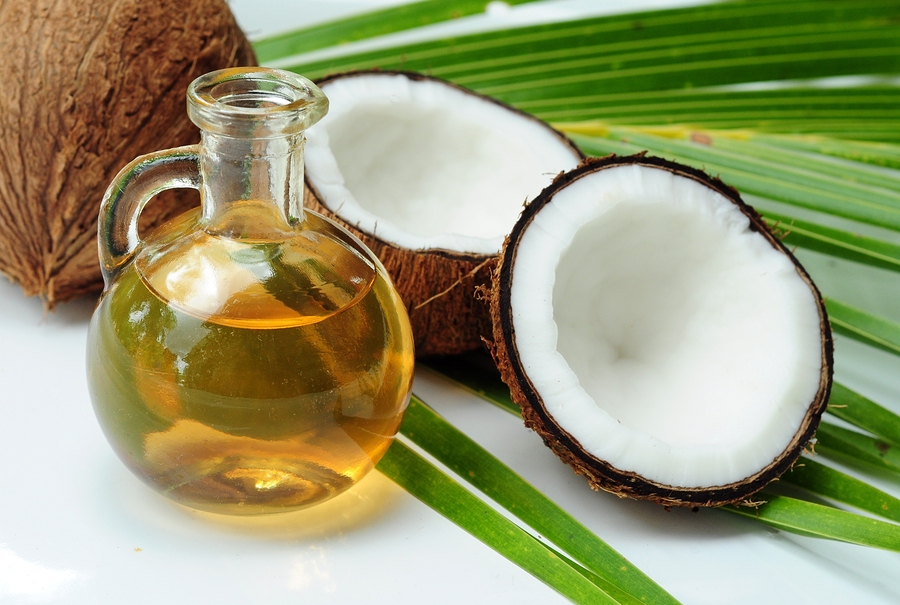
Photo credit: bigstock.com
10. Coconut Oil
The other super oil on our list comes from coconuts. Many people still believe that all saturated fats are unhealthy. Newer research however shows that not only is this untrue, but in the case of coconut oil, avoiding it could be counterproductive.
Coconut oil contains saturated fat, yes, but it also is very effective at combating what all the fat-phobic people are trying to avoid: heart disease. Coconut oil helps clean out the arteries, converting the cholesterol in your blood stream into a form you can use. This prevents it from clogging in the first place! Coconut oil is also very rich in medium-chain triglycerides (MCTs), which also helps blood flow.
READ ALSO: How Fluoridate Water Ruins Your Arteries
Try adding these foods to your diet, while reducing your consumption of HDL-cholesterol foods. Your heart will thank you later.
References:
































